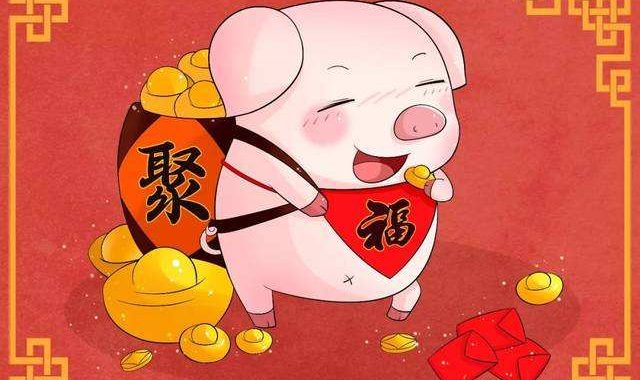Shaking hands
4 min readFor example,the Chinese do not usually greet friends by shaking hands,aswe tend to do on a daily basis in our countries every time we meet someone we know,even several times in a single day In China,shaking hands is a very formal greeting or used when two people meet each other for the very first time;apart from these two situations it could give rise to awkwardness,between men,but especially between men and women friendly contact is made with a brief verbal greeting or a light slap on the shoulders,as a sign of comradeship.
It is not unusual for a Co-worker to come up to someone and,without any sort of initial greeting,start talking straight away about a subject he is nterested in,and this would not be considered impolite.When friendship already exists,you can dispense with these details in everyday life.Trust has already been established beforehand and friends or acquaintances do not need to renew initiation rites every time they meet each other again.So,if you do not receive a hearty’good morning when you arrive at the office to begin the day,this does not constitute a faux pas or mean that your arrival has gone unnoticed,in fact it means the opposite:you are already a friend and so there no need for any of these formalities .

Familiarity involves many other things.When someone receives a favour from a friend,they do not need to thank that friend Because of western influences,this behaviour is beginning to change amongst young people but the fact is that,traditionally,doing each other favours is normal in a friendly relationship. It is in fact an obligation: for the Chinese, friendship involves an exchange of favours .
In a historically deprived society, where poverty was rife, strong friendship bonds were crucial in order to meet the needs of daily life. In these circumstances, people do not thank each other, instead they have a moral obligation to pay each other back to clarify, we can use the verb’ to help, just on its own, but there also exists the reflexive verb ‘ to help each other and historically this is the verb which works as a strategy for social survival: I will help you, but if i need help further down the line you will help me All these social familiarity phenomena form part of the historical-cultural context within which the Chinese gradually absorb a foreign language, orwithin which foreigners gradually absorb the Chinese language. Even when equivalent terms for good morning, good afternoon/evening or good night exist in Mandarin they are barely used in practice; the most common greeting is one which is not time specific, ‘ ni hao(ni: you; hao: well) which is usually translated as a simple hello(hola’ in Spanish). It is used at any time of the day or night. When speaking Spanish, the Chinese try to replicate this system, using the non-time-specific, personal greeting ‘ hola rather than the temporal greetings relating to morning, afternoon/evening and night, which are more usual in our language .

Another case in point is the reply to the greeting How are you? ‘ i have noticed that the Chinese tend to simply reply ‘ well, and nothing more. the reciprocal reply ‘ And you? is not an automatic response in their own habits of communication and so they have to learn it, once it has been explained to them that, even though there may be nothing wrong with their succinct answer in a linguistic sense there is a problem with it in cultural terms Politeness, according to the spanish system of greetings, dictates that the nterlocutor should be asked the same questio.
other turns of phrase have a socio-historical background. this is the casefor a particular greeting: have you had breakfast yet? ‘ have you had lunch yet? ‘ especially when it is around the appropriate time for these meals. the greeting is of ancient origin, and stems from conveying consideration forsomeone’s material wellbeing in a time when widespread poverty meant that food was scarce. ‘ Have you eaten yet? reflected concern as to whether this need had been met yet and, if not, as to how to help solve the problem. It was a question which alluded to a very real situation.
In present times the phrase is used as a greeting, a kind enquiry which friendly but also full of meaning, not only for older people but also for the younger generation. It is important not to forget that, in accordance with age old tradition, the fundamental principle of social and personal harmony centres primarily on people having something to eat However in contrast to the indiscriminate use of the succinct ‘ hola is right that this Chinese phrase should be corrected when teaching Spanish, on the basis that it is not normally used in the cultural system of greetings inSpanish-speaking countries, unless in a very particular situation where it is deemed appropriate? Or is it better not to point it out or ‘ correct’ it, given that these are Chinese speakers who, when they speak spanish, are doing so within the context of their own specific history and culture?
This is the type of decision which confronts a teacher of a foreign language and requires a balanced approach. the second option is the one which I myself adopted in my classes, having first analysed with my students the origin of this greeting, its relevance and its appropriateness in the present day. the point that it is not a case of the Chinese abandoning being Chinese when they are speaking Spanish, in what would be a new form of acculturation, but that the language they have learned should be a medium for them to accurately.








